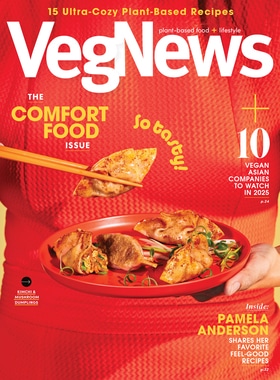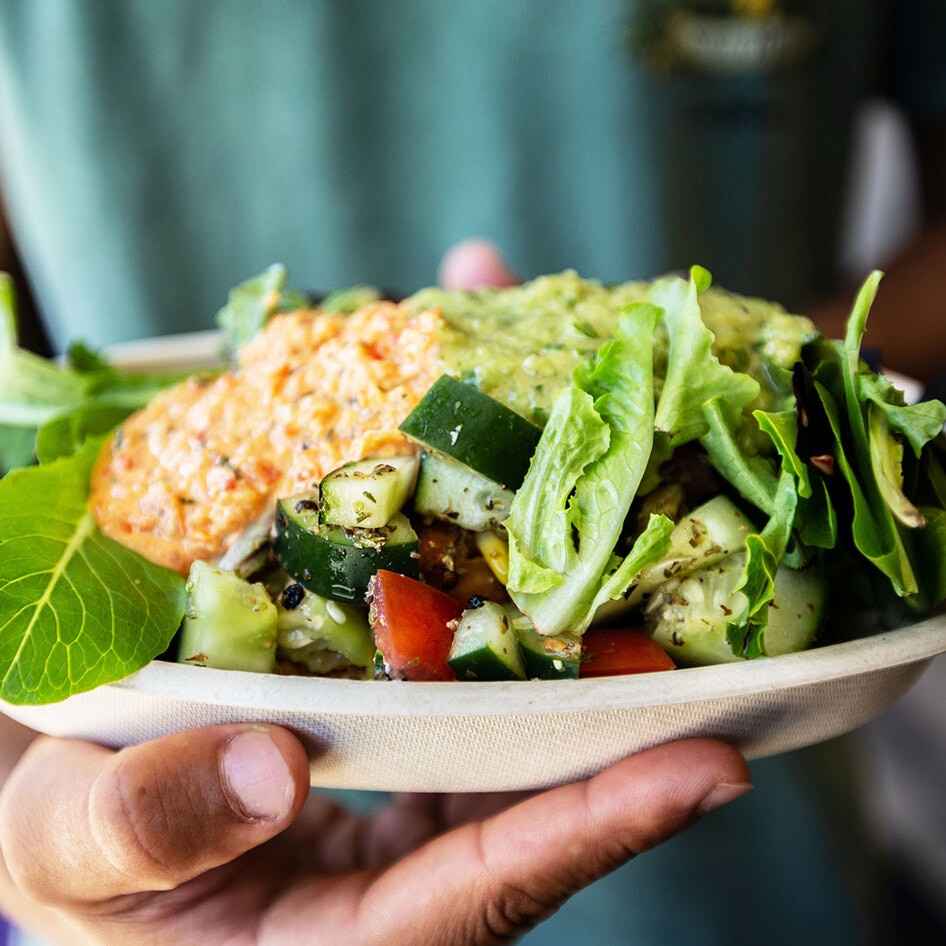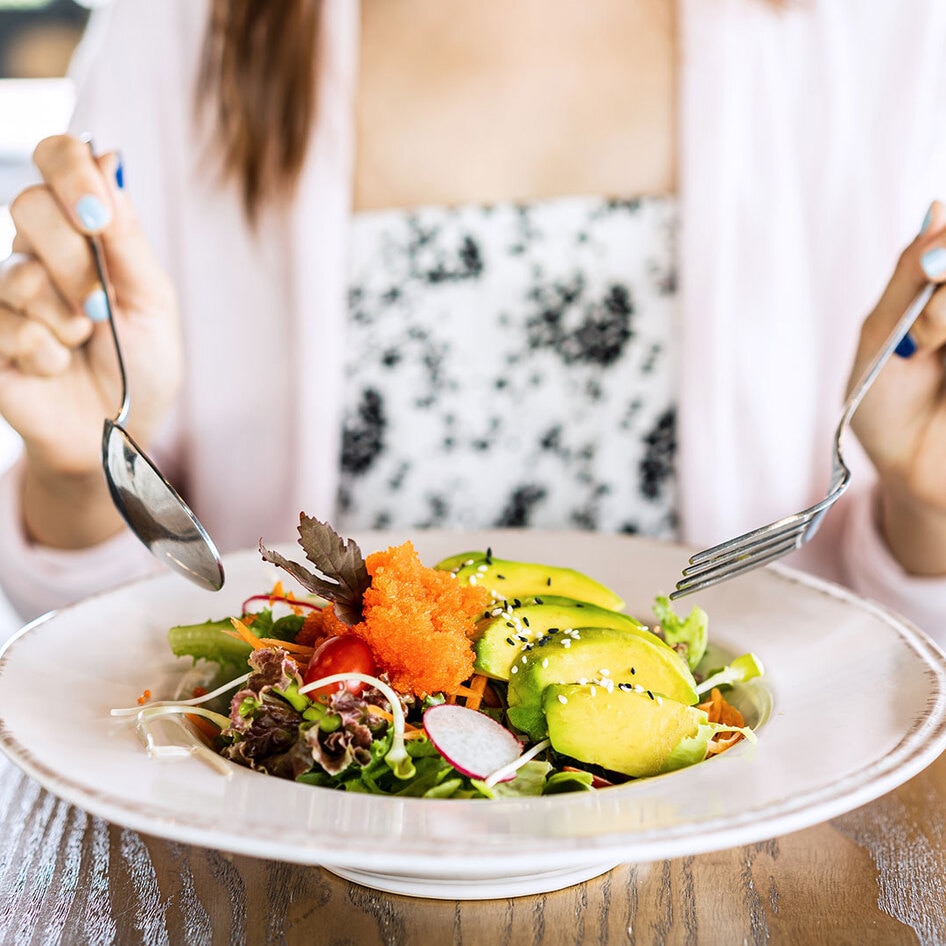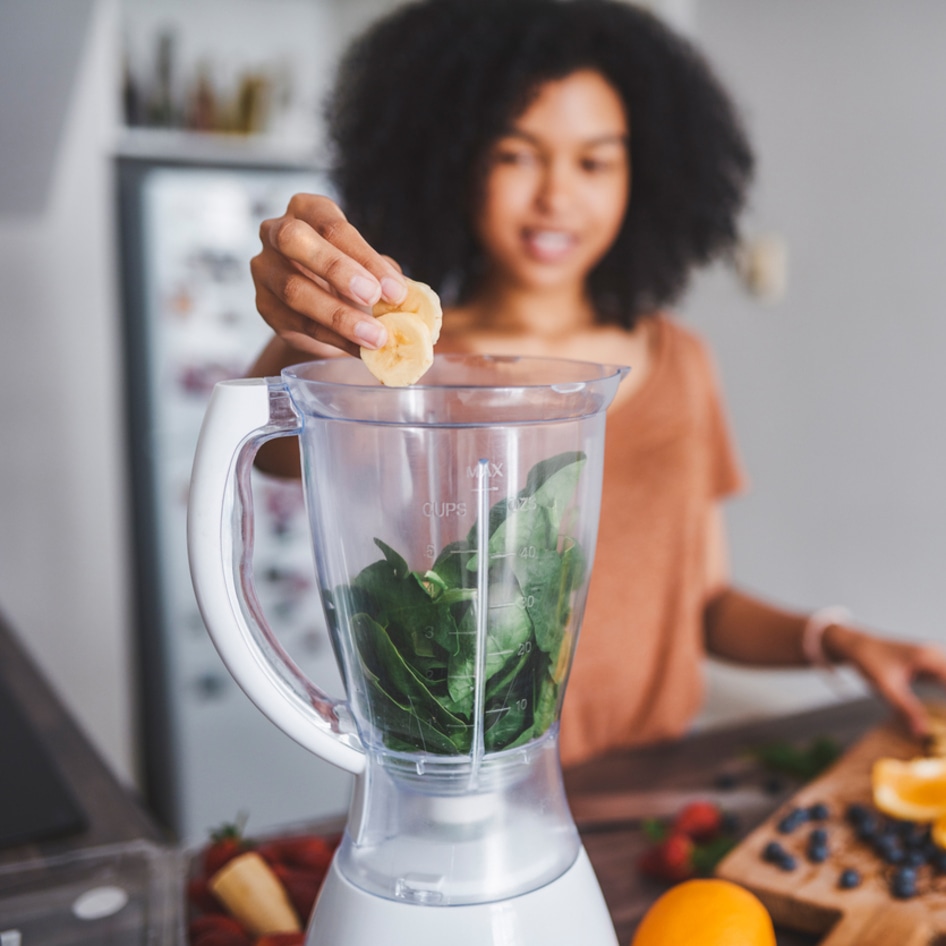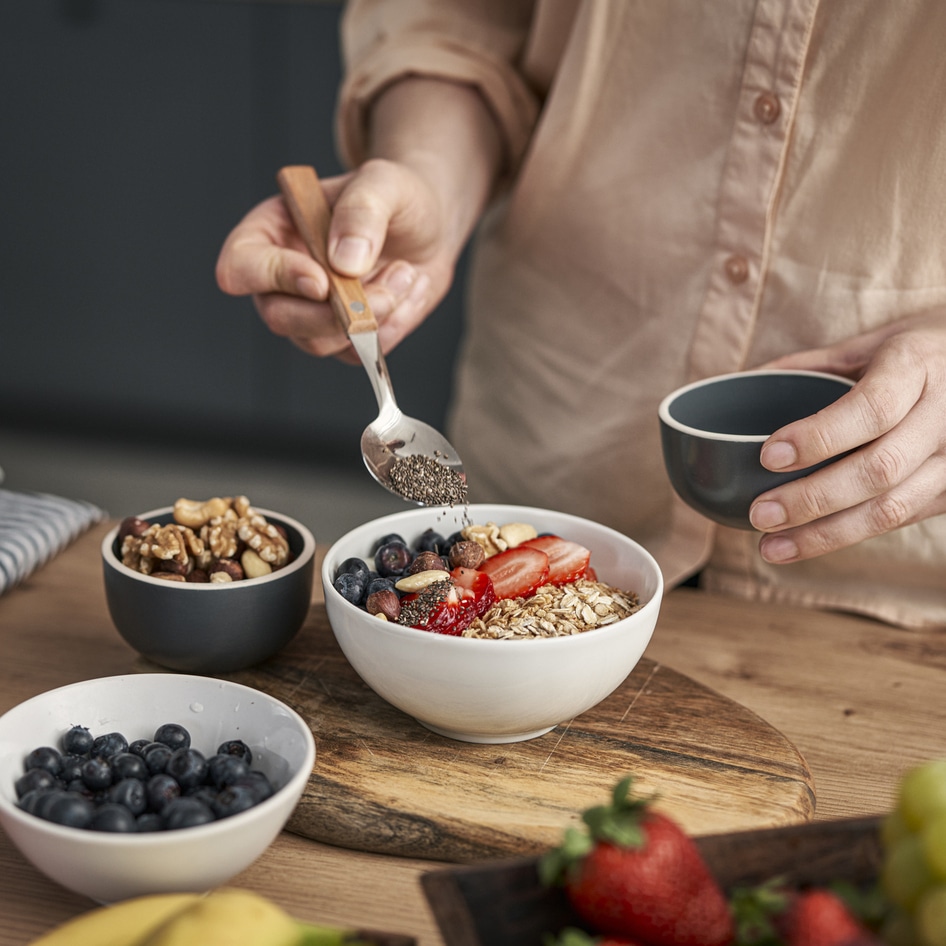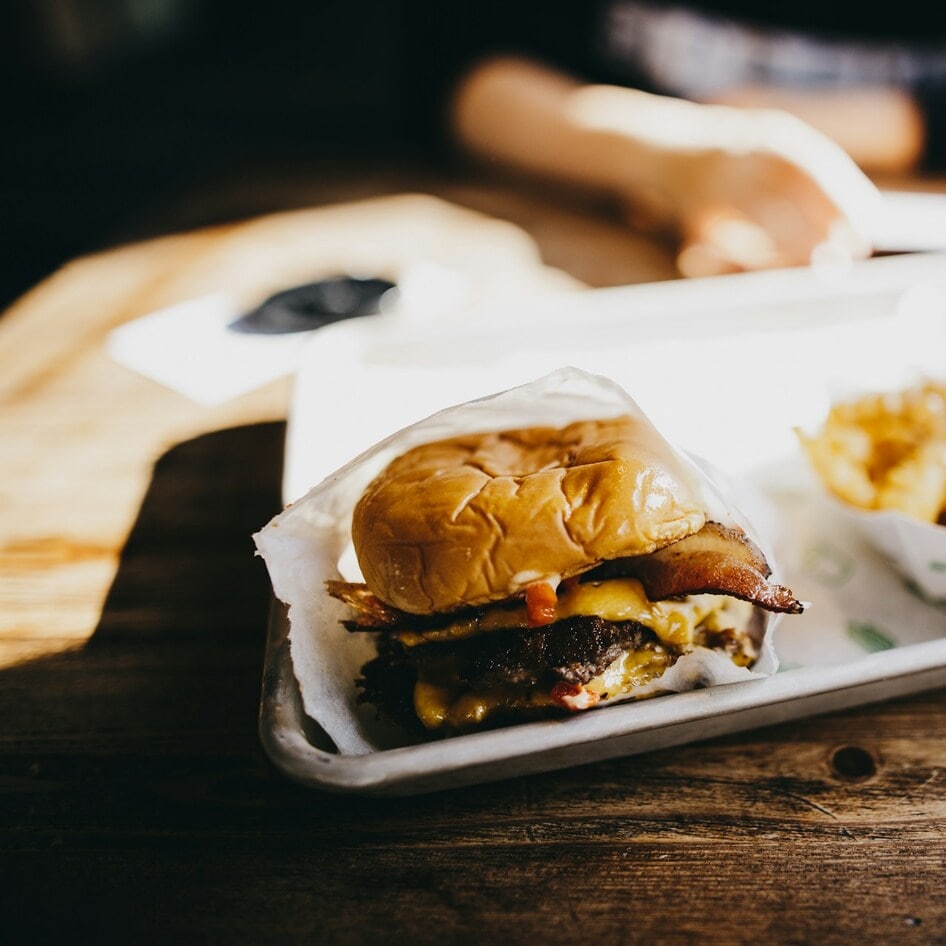Why Bikini Competitors are Turning to a Vegan Diet for the Ultimate Bod
One way to get your body ready for that upcoming bikini competition? Go vegan.
February 28, 2017
Besides personal sensitivities and respect for all life, aesthetics is another reason many people turn to a vegan diet. For instance, a recent study published in the Journal of the Academy of Nutrition and Dietetics concluded that people who don’t eat meat have a lower average body mass index than those who do. The study also pointed out that herbivores have a much lower obesity rate (9.4 percent) compared to meat-eaters (33.3 percent). Because of this, a plant-based diet is ideal for those who compete in bodybuilding bikini competitions. Participating in these contests often means staying lean all year, and, naturally, vegan bikini competitors stay in better shape than their meat-eating competitors. Plant-based diets can also aid digestion, which is crucial to bikini competitors who are making dietary changes, as diets rich in fresh fruit and vegetables are naturally rich in nutrients, including fiber (which helps you feel full longer and promotes regular bowel movements). Here are four reasons why vegans bikini competitors have an advantage over their carnivorous opponents.
1. External aesthetics
When preparing for a fitness competition, contestants who already maintain a vegan diet typically have less weight (body fat) to lose than their meat-eating counterparts. Visually, they look more natural without that hard and rough look that has been the traditional norm (ie, vegans look more feminine). A plant-based diet revolves around raw fruit and vegetables, whole-grain carbohydrates, and natural sources of protein. Coincidentally, these are also the types of foods used to get your body ready for competition. International Federation of BodyBuilding and Fitness Bikini Pro Marzia Prince is one of many vegan bodybuilders who has spoken publicly about how much better she looks and feels since switching to a plant-based diet. Vegan competitors tend to pay more consistent attention to the nutrients in their diets to ensure they are consuming what their bodies need throughout the year. If you’ve already been eating clean, organic vegan food during the off-season, you will have a well-deserved edge over your competitors.
2. Boosting your metabolism
Nearly all bikini competitors need to shed a few pounds in certain places, and your metabolism plays a key role in making this happen. Metabolism is affected by genetics and your lifestyle habits, but, fortunately, there are some natural ways to increase its speed. Spicy foods are known to boost metabolism, and a study published in the Journal of Nutrition and Metabolism revealed that natural chemicals called “capsinoids” increase the amount of heat and energy our bodies produce and promote physical activity. The good news for vegans is that many foods we already eat—chili peppers, kale, spinach, leafy greens, hemp protein, chia seeds, lemon, and water (a study published in the Journal of Clinical Endocrinology and Metabolism found that metabolism rates jumped 30 percent after drinking two cups of water)—promote a quick-burning metabolism. Other tips to keep your metabolism working at its peak all day long include getting seven to eight hours of sleep per night, sleeping in a cool room (66 degrees Fahrenheit), drinking tea, and reducing stress.
3. Meal-plan structure
Many competitors swear by the concept of six to seven small meals per day, but how and when you eat those meals makes a big difference in how your body processes food. Space out your meals approximately three hours apart, and eat your last meal at least an hour or two before you go to bed. Multi-sourced vegan protein shakes should be an important part of your daily meal routine, but you can’t survive on shakes alone, so make sure your breakfast contains a small serving of protein, a serving of vegetables, and a serving of complex carbohydrates. Your lunch should consist of a serving of protein and two to three servings of vegetables, while your dinner should have a larger serving of protein, two to three servings of vegetables, and a serving of fat. Start structuring your meals around these “big three,” and incorporate your smaller meals around them. If you have a caloric goal of 1,800 calories per day, for example, try sticking to a schedule of 300 calories per meal, and assess your energy levels throughout the day. Once you determine your target number of calories per day, keep a food journal to document your meals and make changes to your plan based on what’s working and what isn’t.
Chris Willitts is the founder of VegetarianBodybuilding.com, creator of V3 Bodybuilding and Mindful Strength, and a contributing writer for Muscle & Fitness, Vegan Health and Fitness Magazine, and Natural Muscle Magazine.
JUMP TO ... Latest News | Recipes | Guides | Health | Subscribe
